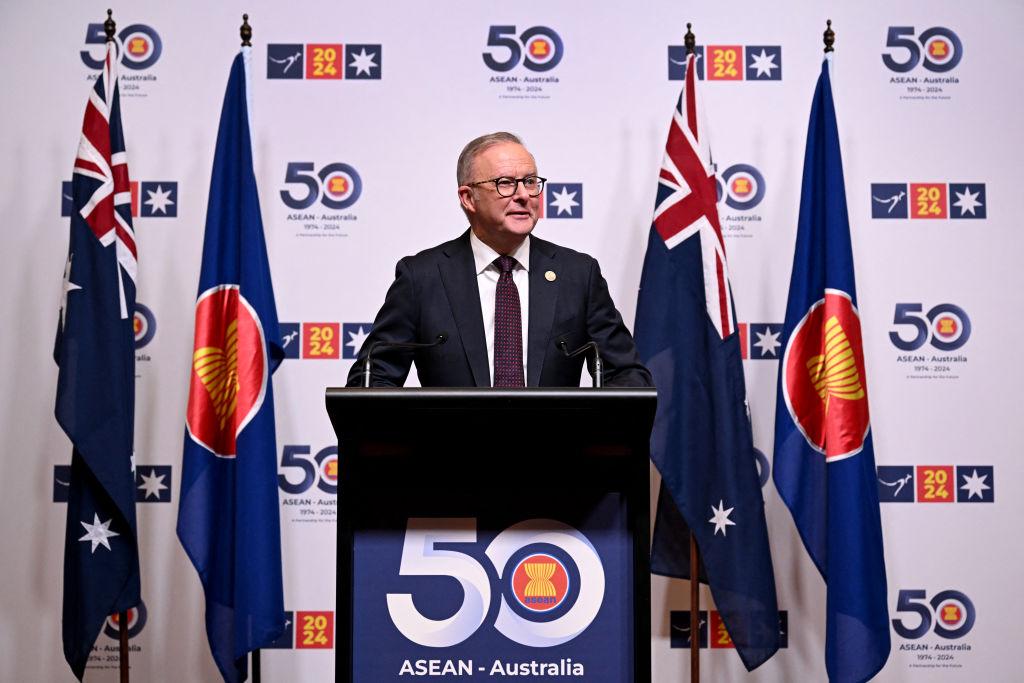A new $2 billion fund has been set up to try to improve Australian trade and investment opportunities in Southeast Asia, according to an announcement by Prime Minister Anthony Albanese.
It follows a key suggestion from the government’s special advisor Nicholas Moore, who proposed last year that the government create a “strategic investment facility” for infrastructure projects in the region, leveraging Export Finance Australia.





